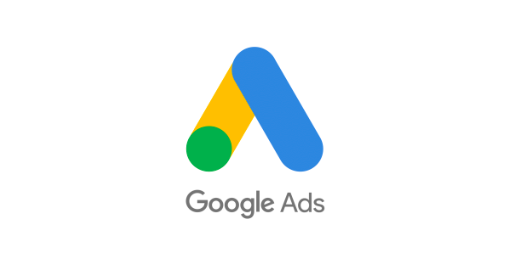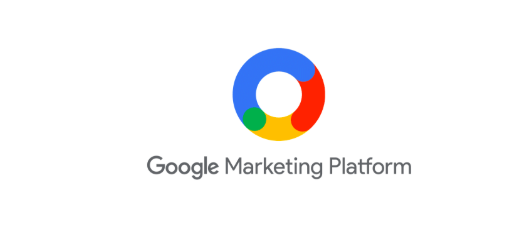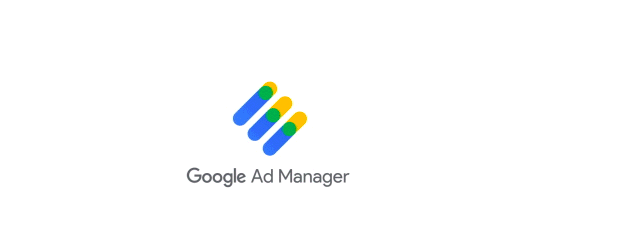It’s been 18 years since the launch of Adwords and it was about time for a change for Google. So many things have changed in almost two decades. Mobile has taken over our lives, social media has turned us into publishers and video content is in high demand. All the changes make businesses evaluate their digital strategies, that’s why Google has decided to rebrand its advertising, marketing, publishing platforms.
The idea is to simplify advertising and marketing while making integration and collaboration as simple as possible.
From now on, Google Adwords is renamed into Google Ads, DoubleClick advertiser products will be part of Google Marketing Platform, while DoubleClick for Publishers and DoubleClick Ad Exchange will be part of Google Ad Manager.
Google Ads
Google Ads is Google’s rebranding of all its advertising features on one platform. Adwords will retire soon in an attempt to help businesses go beyond words, as Adwords would imply, to prove that advertising has already moved away from its traditional methods.
Thus, Google Ads aims to simplify the advertising features with an increased focus on the UI interface and the best ways to bring out new ad opportunities for businesses.
In fact, there will also be a new campaign in Google Ads to help a business get started with online advertising. This should help smaller businesses discover the potential of online advertising without being lost among endless guidelines.
We are expecting to learn more details about these changes, but from what we’ve already read, it seems to be a great opportunity for businesses of all size to embrace the power of online ads to find new clients.
Even if you’re already a pro in Adwords, this change should simplify your daily tasks with a new environment that makes the process smoother.
Google Marketing Platform
Google’s Marketing Platform will bring together DoubleClick advertiser products with the Google Analytics 360 Suite. The new unified brand is bringing together ads and analytics to help marketers keep their advertising results in one place.
There’s no need to use multiple platforms to measure the performance of your ads and Google seems to be determined to promote simplicity across all its products.
The easier the process, the better the results and this should become appealing for smaller businesses to embrace the benefits of online advertising.
Marketing Platform will bring together all the existing integrations both from DoubleClick Digital Marketing and Analytics 360 suite. Moreover, it makes it easier to manage your campaigns with the introduction of Display & Video 360, which involves features from DoubleClick Bid Manager, Campaign Manager, Studio and Audience Centre. This should improve collaboration among creative and marketing teams to keep everything in one place.
Moreover, DoubleClick Search is now renamed into Search Ads 360 to involve everything around the analysis and planning of your search campaigns.
What’s also useful is the fact that there will be more than 100 integrations with third-party ad solutions and measurement options to prove that Google is not only favouring its own products.
The rollout should start later on this month, but we don’t need to worry about the transition, as it will be gradual to allow us some time to get used to the changes.
Ad Manager
Google was looking for a new solution to bring together its publishing and monetisation options in one platform. Google Ad Manager is a combination of DoubleClick for Publishers and DoubleClick Ad Exchange.
The rising demand for programmatic access along with the growing need for content consumption brought a new platform that will help publishers, media companies and ad partners to explore the future of content and its business opportunities.
The new unified platform will make it easier for publishers to monetise their content while exploring its success across different devices. It’s the evolution of publishing and monetisation and it should make the process easier both for publishers and advertisers.
Another interesting point in this change is the realisation that monetisation is officially splitting into many different directions and it’s up to us to keep up with it. Google wants to make it easier to promote your content on different channels, devices, Accelerated Mobile Places, games, apps, or connected TVs. This brings us closer to the future of programmatic and it’s time to make it as easy and efficient as possible.
What’s next?
All these changes shouldn’t be scary for your digital plans, as Google wants them to be as gradual as possible. The new branding should roll out during the month, while the older platforms won’t cease to exist yet.
Google is also planning to provide us with more details within the month about the new platforms, their features and how we can use them as efficiently as possible from now on.
Even though the changes seem to focus on branding, it’s the simplicity and the look of the future that makes them more interesting. A good UI experience can actually present new opportunities for brands of all sizes.
Google acknowledges the need to look ahead and to take into consideration all the shifts in digital publishing and advertising that occurred the last decade.
More businesses will benefit from the simple interfaces with the monetisation of content and the measurement of ad campaigns.
Smaller businesses will enjoy the reduced friction in managing their ads and measuring their campaign performance, while we can’t ignore the focus on integration to bring out the best of each partner.
We’re still waiting to learn more details on all the changes, but from what we know up to now, this may be the beginning of an era of simplicity yet improved effectiveness.
from Search Engine Watch https://ift.tt/2tXQzWU








No comments:
Post a Comment